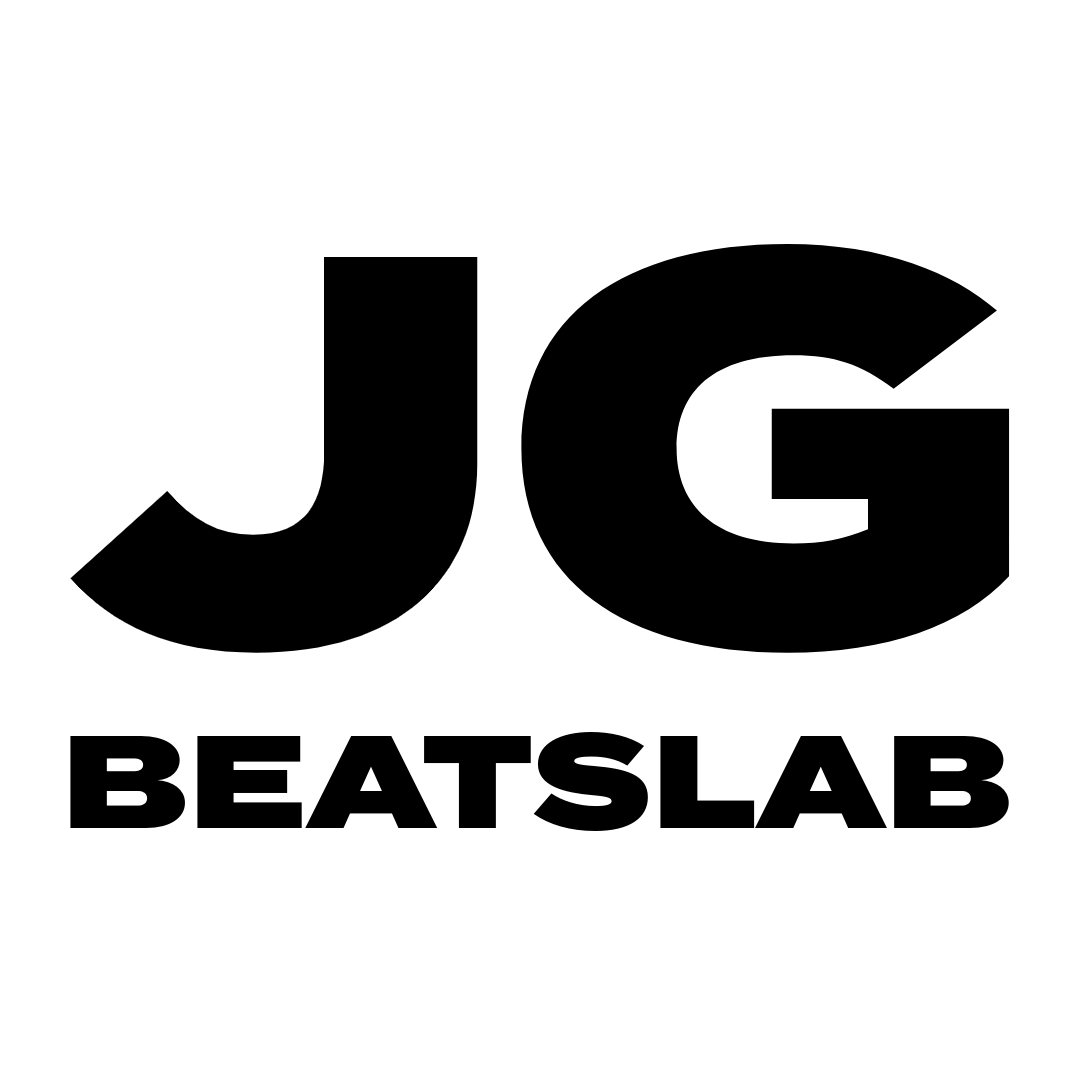Suno's Reported MIDI Export Isn't Just a Feature; It's the Next Disruption in Music Production
A credible report from the Suno subreddit yesterday sent a shockwave through the AI music community. The post suggests that the AI music giant is beginning to test MIDI stem export for its Pro users. While this may sound like a minor technical update, let's be clear: this single feature, if rolled out widely and effectively, represents the most significant leap forward for AI-assisted music creation yet. It promises to fundamentally reshape the workflow for producers by bridging the long-standing gap between AI generation and professional digital audio workstations (DAWs).
For months, the conversation around AI music has been stuck in a loop. Can it write a good song? Yes. Can it sound like a real band? Sometimes. But can a professional producer truly control it? Not really.
Until now (maybe)
Based on the report, this isn't just a simple MIDI conversion. The export is said to include the complete song Tempo Map, a critical detail that allows for seamless integration and editing in a DAW. This isn't a toy; it's a professional tool. As an R&D lab actively working in this space, we see three core implications that will change everything.
Implication #1: The End of the "AI Sound"
Let's be honest: the biggest criticism of most AI music is its reliance on generic-sounding virtual instruments. Even the best AI compositions can feel sterile or "stock" because the sonic palette is limited to what the model provides.
MIDI export obliterates this limitation.
Imagine being able to generate a complex piano piece in Suno and then immediately re-voice it in your DAW using a top-tier VST like Keyscape. Imagine taking an AI-generated bassline and running it through your favorite analog-emulation plugins. The AI's musical and compositional DNA remains, but the sonic body is now fully customizable by a human producer.
This workflow takes the "AI sound" off the table, making AI-assisted compositions sonically indistinguishable from tracks produced entirely by humans.
Implication #2: The Rise of the AI "Song Starter"
For many producers, the hardest part of the process is the "blank page syndrome"—coming up with that initial chord progression, melody, or riff. This update solidifies Suno's new role as the world's most powerful "song starter."
Ready to Go from Pro Glimpse to Pro Producer?
You've just read the tips, but this is only the beginning. The concepts in this article are taken directly from "Unlock Suno," our definitive guide to the complete professional workflow.
To thank you for reading, we're offering you the first three chapters—covering Artist Identity and the complete Style Prompting method—absolutely FREE.
The workflow of the future no longer starts with a blank DAW project. It starts with a strategic prompt. A producer struggling for inspiration can now generate ten distinct musical ideas in five minutes, drag the MIDI from the most promising one into their session, and immediately get to the work they love: arranging, sound designing, and mixing.
This dramatically accelerates the creative process and shifts the producer's role from pure originator to a powerful curator and refiner of AI-generated ideas.
Implication #3: The "Human-in-the-Loop" Becomes More Crucial, Not Less
The knee-jerk reaction to powerful AI is often fear of replacement. This feature does the opposite. It doesn't devalue human skill; it demands more of it.
MIDI export empowers producers by giving them unprecedented control. It transforms AI music from a finished "vending machine" product into raw, malleable clay. The skillset required to excel in this new era will now expand. Being a great prompt engineer is still valuable, but now the traditional skills of a producer—arrangement, sound design, mixing, and musical taste—become the key differentiators.
This feature doesn't make producers obsolete; it makes the talented ones even more powerful.
What This Means for JG BeatsLab
Our manifesto states that "JG BeatsLab is a public R&D lab for the modern music business." This development is a core test case for our mission.
We will be rigorously testing this feature the moment it becomes available to us. This will directly and profoundly impact our business, providing a clear path to elevate the production quality and sonic uniqueness of our entire AI artist portfolio. We believe this Human+AI workflow—using AI for mass ideation and human skill for professional production—is the future, and we will be documenting our findings and sharing our data publicly.
The gap between the AI music generator and the professional studio is closing. This is not a simulation; this is the next phase of the evolution.
What do you think? Is MIDI export the feature that will finally bring AI music into the professional mainstream? Share your thoughts in the comments below.


